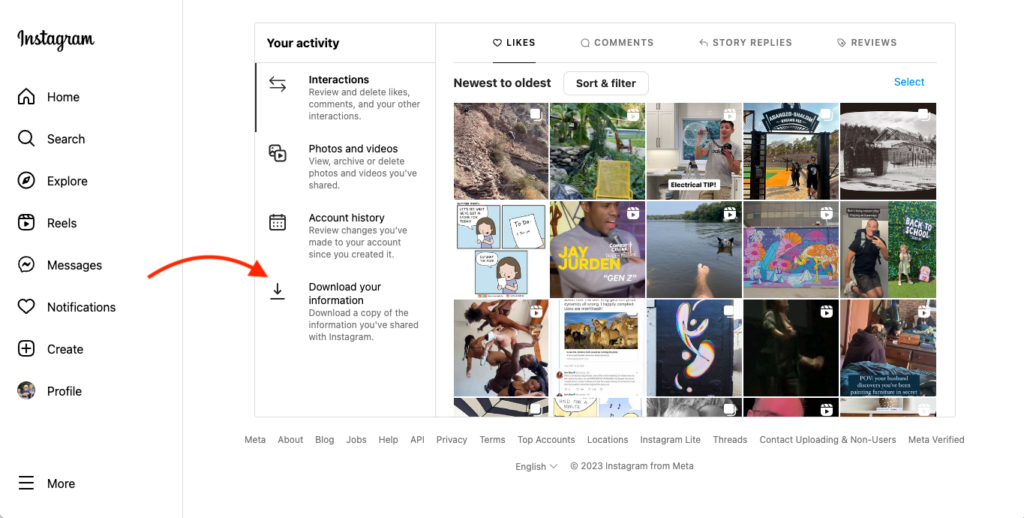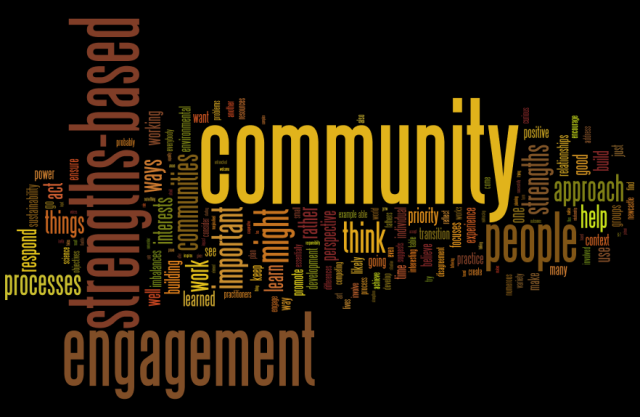Now Reading: Why Some Stay Calm Under Pressure
-
01
Why Some Stay Calm Under Pressure
Why Some Stay Calm Under Pressure

In high-stress situations, some people remain composed while others panic. Understanding this difference can provide insights into human behavior and help develop strategies for better decision-making. In India, including Tier 2 cities, calm responses during emergencies, exams, or workplace challenges often determine outcomes and influence those around them.
One reason is experience and preparation. Individuals who have faced similar situations or trained for emergencies tend to react more rationally, relying on knowledge rather than fear. Confidence built through preparation allows them to assess risks and take measured action.
Emotional regulation plays a key role. People who can manage anxiety and control impulses are better equipped to think clearly and make sound decisions under pressure. Techniques like deep breathing, mindfulness, or mental rehearsal contribute to maintaining composure.
Personality traits also influence calmness. Individuals with higher resilience, patience, and self-efficacy are naturally more likely to handle stress without being overwhelmed. Supportive social environments reinforce this ability, as guidance and encouragement from peers can reduce panic.
Staying calm under pressure benefits both the individual and the group. Clear-headed decisions minimize mistakes, improve outcomes, and provide stability that helps others navigate stressful situations effectively.
In conclusion, calmness under pressure stems from preparation, emotional control, and resilience. Recognizing and cultivating these qualities, particularly in Tier 2 cities where resources may be limited, strengthens personal effectiveness and contributes to safer, more rational responses during critical moments.

























